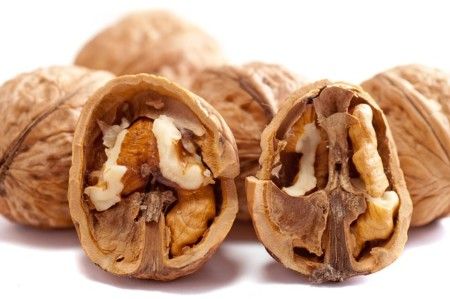Amino acids for health promotion
Amino acids are often referred to as the building blocks of life and are found in almost every living organism. They are the basis for the formation of proteins and important messenger substances. Our DNA is also formed from proteins, which in turn are composed of amino acids. More than 250 different amino acids are known, of which about 50 are important for the human organism.
While some amino acids can be formed by the body itself, i.e. are non-essential, many other amino acids and components must be ingested with food and are therefore essential or semi-essential. But what tasks do proteins perform in the body and where can they be found??
Amino acids and proteins are everywhere
Amino acids are also found where you would not expect them to be. For example, if you have a cough that is stuck, you will be prescribed a cough suppressant or expectorant. ACC is often contained, or also called acetylcysteine. This active ingredient is based on the amino acid L-cysteine.
Cysteine is present in small amounts in almost all protein-containing foods. In the body, cysteine or its oxidized form cystine is needed by immune cells, is incorporated into hair substance, or is needed to form antioxidants to protect cells. Cysteine and cystine are usually taken in the form of dietary supplements to increase hair growth.
Since almost all organic substances contain proteins in certain amounts, an undersupply of amino acids is actually almost impossible. Only a very one-sided diet can lead to deficiency symptoms. Especially protein-containing foods such as nuts or seeds should therefore be consumed in sufficient quantities.
Dietary supplements are not really necessary for healthy people. Only those with increased requirements due to illness, great exertion, or stressful situations should rely on the supplemental protein powders, but these are derived from plants and foods. So here interested people do not have to worry. Only a few proteins have to be produced synthetically.
Many proteins, many possibilities
The various proteins and amino acids perform important tasks in the body. The aforementioned cysteine ensures good hair growth and strengthens immune cells. Arginine, which is one of the better known amino acids, is used for hormone deficiency, short stature and alkalosis. But arginine and its compounds are also involved in metabolic processes. Therefore, arginine is also used to promote fat burning and is known as a dietary protein.
The most abundant amino acid in blood plasma is glutamine, which is important for the nutrition of many cells. It also has many functions in the nervous system. Histidine is very important for the binding of iron in the blood cells, as well as in the electron transfer in the mitochondria of the cells. Sufficient protein intake is therefore good for the body.
Where to get the most protein?
Especially protein-rich foods are nuts and seeds, especially the local walnuts and hazelnuts, but also exotic foods such as cashews and soy. A lot of proteins and amino acids are also extracted from these seeds and nuts. Amino acids are also found in many other raw foods, such as salmon, meat, eggs and cereals.
Sushi is better than fried fish, because only in an uncooked state do the proteins and amino acids remain intact. Cooking destroys them completely or changes their structure. For protein intake, the nuts and seeds are therefore to be preferred, because there you also get the most out of them in percentage terms. In addition, protein powders made from lupines, whey, wheat and soy are also a good alternative.
